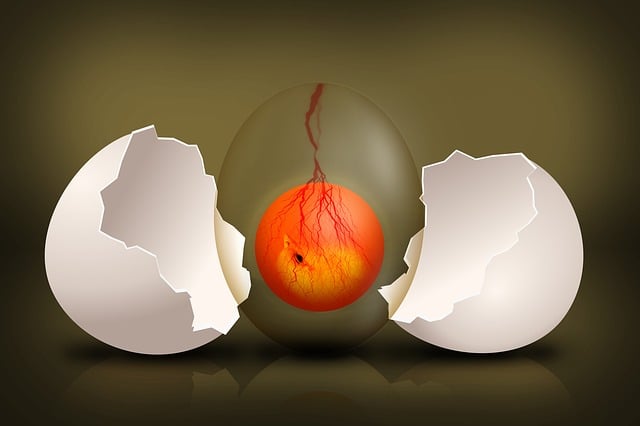Introduction to Science and Biology – History, Branches, and Scope

Introduction to Science and Biology
What is Science?
The term science originates from the Latin word scientia or scire, meaning “knowledge” or “to know.” Science is defined as a systematic and organized body of knowledge gathered through facts, observations, experiments, and reasoning.
According to T.H. Huxley, science is “refined common sense.” As science explores natural phenomena using empirical methods, it is often referred to as natural science.
Aristotle is considered the Father of Science, though modern science began during the 17th century with observation-based experimentation.
Types of Sciences
- Natural Sciences:
- Study of natural phenomena through experiments and observation.
- Sub-divided into:
- Physical Sciences: Focus on non-living systems (e.g., physics, chemistry).
- Biological Sciences: Study of living organisms (biology).
- Social Sciences: Concerned with human behavior and societal patterns. Includes sociology, economics, political science, etc.
- Abstract Sciences: Theoretical disciplines like mathematics and statistics not necessarily based on physical observations.
Branches of Natural Sciences
A. Physical Sciences
- Physics – Study of energy, motion, and matter
- Chemistry – Study of substances and reactions
- Geology – Study of Earth
- Meteorology – Study of weather
- Astronomy – Study of celestial objects
- Metallurgy – Study of metals
B. Biological Sciences
Biology, from Greek bios (life) and logos (study), is the science of living organisms.
Origin and History of Biology
- The term “Biology” was independently coined in 1802 by:
- Jean-Baptiste Lamarck (France)
- G.R. Treviranus (Germany)
- Aristotle (384–322 BC) is regarded as the Father of Biology and Zoology.
- He proposed the Scala Naturae (ladder of nature) and authored Historia Animalium.
- Biology today is multidisciplinary and integrated with various scientific fields, often referred to as Life Sciences.
Major Divisions of Biology
1. Botany
- Study of plants.
- Greek origin: botane = herb, boskein = to graze.
- Also called Phytology or Plant Biology.
- Father of Botany: Theophrastus (370–287 BC), authored Enquiry into Plants and Historia Plantarum.
2. Zoology
- Study of animals.
- Greek origin: zoon = animal, logos = study.
- Father of Zoology: Aristotle, who classified animals and observed their behavior.
Modern Contributors
- Carl Linnaeus: Known as the Father of Modern Biology and Modern Botany.
- Developed the binomial nomenclature system for classifying organisms.
Modern biology integrates:
- Genetics
- Molecular Biology
- Ecology
- Evolutionary Biology
Why Use the Term “Life Sciences”?
Today, biology is:
- Interdisciplinary – Involving chemistry, physics, mathematics.
- Multidimensional – Ranges from molecules to ecosystems.
- Technology-driven – Uses advanced tools like DNA sequencers, imaging systems, etc.
Hence, the broader term Life Sciences is more appropriate in the modern context.
Summary
Science is a comprehensive field of knowledge divided into natural, social, and abstract branches. Biology, as a branch of natural science, deals with the study of life. With time, biology has evolved into an interdisciplinary subject, better known today as Life Sciences.
Introduction to science and biology.
Hi, I’m Hamid Ali, an MSc in Biotechnology and a passionate Lecturer of Biology with over 11 years of teaching experience. I have dedicated my career to making complex biological concepts accessible and engaging for students and readers alike.
Beyond the classroom, I’m an avid blogger, sharing insights, educational resources, and my love for science to inspire lifelong learning. When I’m not teaching or writing, I enjoy exploring new advancements in biotechnology and contributing to meaningful discussions in the scientific community.
Thank you for visiting my blog! Feel free to connect and explore more of my work.






